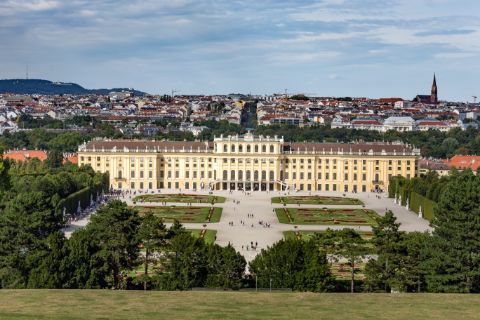Study in Bulgaria
Bulgaria hosts some 11,000 international students in higher education institutes each year – including Indian and South Asian students – and its Higher Educational Institutes offer a good variety of programmes in many different educational disciplines with a growing selection of English-taught courses. What’s more, degrees awarded in Bulgaria are fully recognised in EU member states and beyond.
BASIC INFORMATION


THE HIGHER EDUCATION SYSTEM
The Higher Education Act passed by the National Parliament in 1995 provides the legal framework of the country’s higher education system. The law introduces the following multiple- level structure of academic qualifications:
Certificate of professional qualification – upon completing a three-year course at institutes and colleges;
Bachelor’s degree – upon completing a four-year programme;
Master’s degree – obtained after fulfilling a five year programme at a university, or 1,5 years for Bachelor’s degree holders;
PhD – three-year post-university, research based programmes.

If you need more information so please contact us
Thank you!